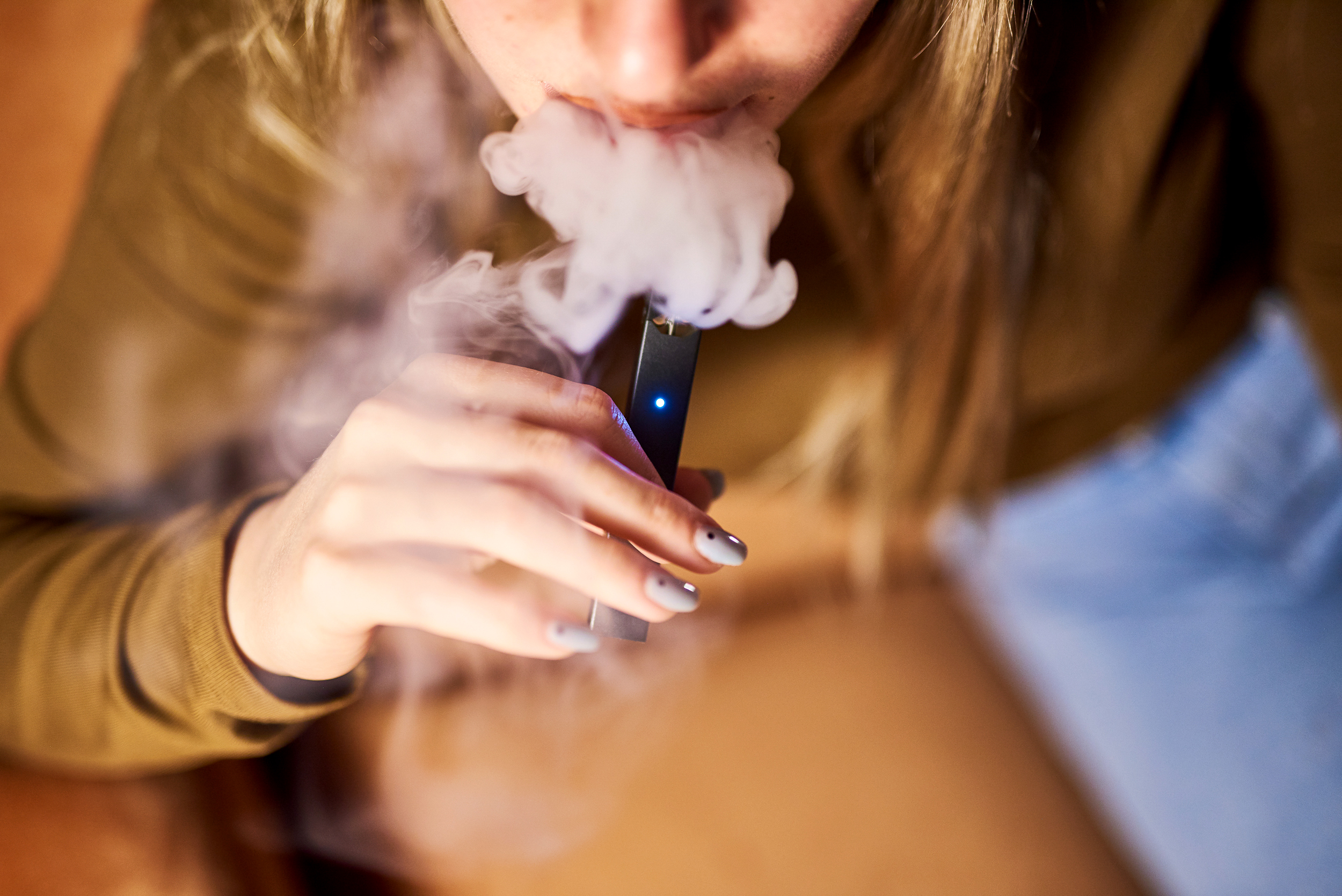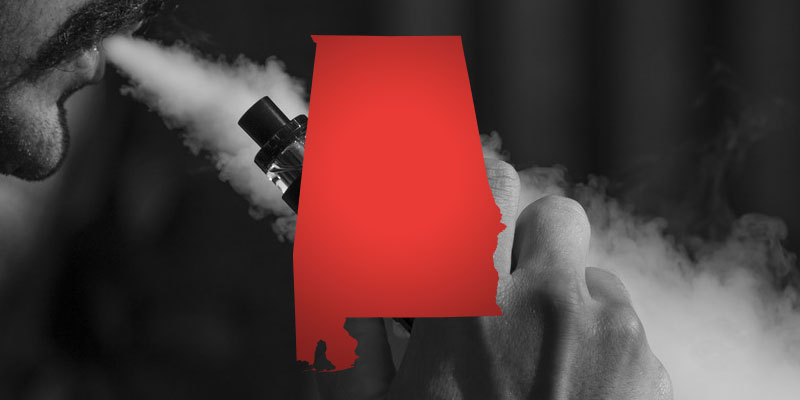Allegations of Targeting Minors
The lawsuit, filed by [State Name], accuses Juul of engaging in deceptive marketing practices that specifically appealed to young consumers. It claims that Juul’s sleek and discreet device design, along with its enticing flavor options, were intentionally crafted to attract teenagers and adolescents. Additionally, the state alleges that Juul’s aggressive social media campaigns and sponsorship of youth-oriented events contributed to the surge in youth vaping.
Public Health Concerns
The rise in youth vaping has become a major public health concern, with experts warning about the long-term effects of nicotine addiction on developing brains. Studies have shown that young people who use e-cigarettes are more likely to transition to traditional cigarettes, increasing their risk of lifelong tobacco use. The prevalence of flavored e-cigarettes, like those offered by Juul, has been linked to the appeal among youth, raising alarms among parents and health officials alike.
Previous Legal Battles
This is not the first time Juul has faced legal action. The company has been sued by multiple states and individuals over its marketing practices and alleged role in the youth vaping epidemic. Several states have already reached settlements with Juul, and the company has been required to pay substantial fines and change its marketing strategies. However, this latest lawsuit shows that the issue is far from resolved.
Regulatory Response
In response to the rise in youth vaping, the Food and Drug Administration (FDA) has taken steps to curb access to flavored e-cigarettes. In [Year], the FDA imposed restrictions on the sale of flavored vape products in convenience stores and gas stations, with the goal of limiting access to young consumers. However, critics argue that more aggressive actions are needed to protect minors from the harms of e-cigarettes.
Conclusion
The new state lawsuit against Juul shines a spotlight on the ongoing debate surrounding youth vaping and the role of the vaping industry in enticing young users. As the legal battle unfolds, it remains to be seen how Juul and other e-cigarette companies will respond to mounting pressure from regulators, public health advocates, and concerned parents. Ultimately, the outcome of these legal challenges could have significant implications for the future of the vaping industry and its impact on youth health.


